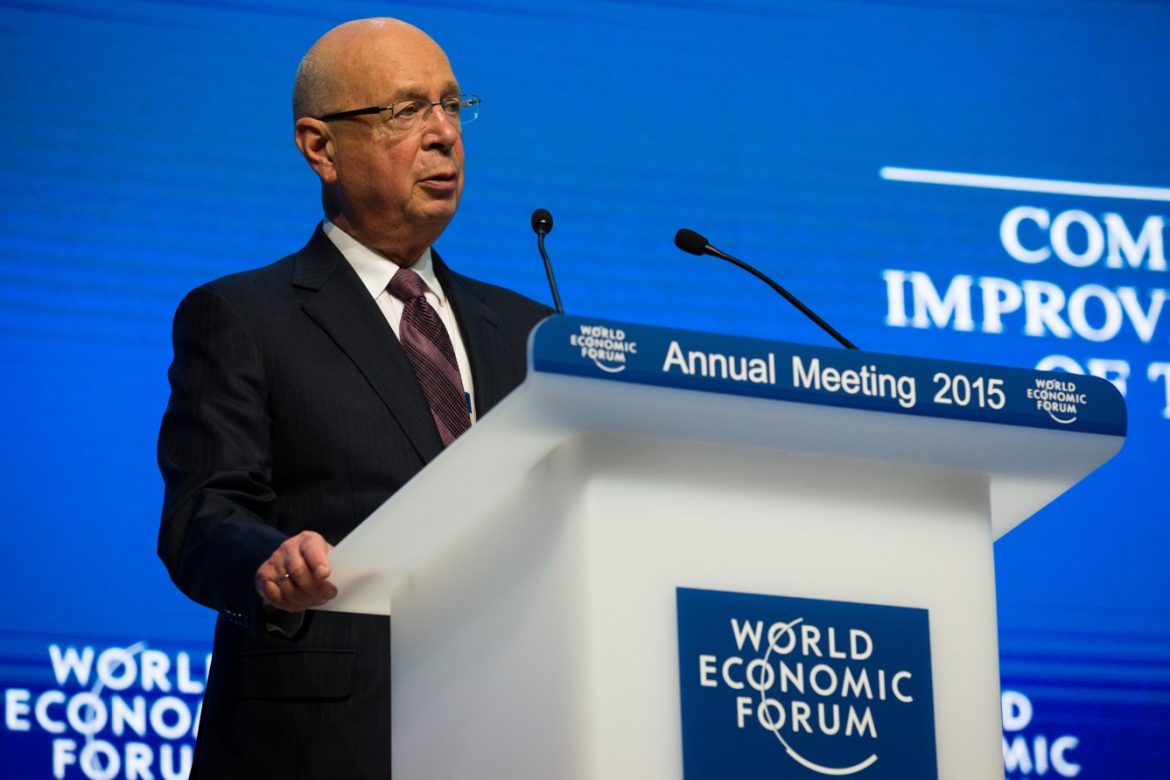Klaus Schwab and the Genesis of the WEF Klaus Schwab, a prominent figure in global discussions, founded the World Economic Forum in 1971. Originally intended to introduce European companies to U.S management practices, it has since evolved into a behemoth, shaping global agendas. However, many question Schwab’s expertise and intentions, especially when diving deep into his notable statements about future societal norms.
The Power and Pomp of Davos Every year, the WEF, stationed in the scenic Davos, Switzerland, organizes a global meeting. Attended by corporate moguls, global leaders, and influencers, these summits come at a high price, with memberships ranging from $60,000 to a staggering $595,000 annually. With influential figures such as Al Gore and George Soros in attendance, the clout and reach of the WEF are undeniable.
WEF’s Financial Footprint With a budget ballooning to $383 million in 2022, the WEF’s expenses have been under scrutiny. Where does this money flow? With a large chunk allocated to operational activities and staff salaries, many question the allocation and its true purpose.
Patrick Bet-David highlights, in the above program, the WEF’s predictions for 2038:
- People will own nothing and be happy.
- The U.S. won’t be the world’s leading superpower; a few countries will dominate.
- Organ transplants will be replaced by printed organs.
- Meat consumption will decrease.
- Climate change will displace a billion people.
- Better integration of refugees will be necessary.
- Carbon emitters will pay, aiming to make fossil fuels obsolete.
- Possibility of preparing for Mars exploration and finding alien life.
- Western values will be severely tested.
Collaborating for a Cause? The WEF’s partnerships with international organizations and corporations aim to tackle global challenges. Be it pushing for net-zero emissions or championing diversity and inclusion, the WEF has set ambitious targets. Yet, skeptics wonder if these goals truly favor global progress or serve the interests of major corporations.
Reimagining or Reshaping Capitalism? Schwab’s endorsement of Stakeholder Capitalism, a system aiming for long-term value over short-term profit, sounds noble. Yet, questions arise as to whether such concepts, when put into practice, might overshadow individual freedoms and choices.
The Controversial “Great Reset” Schwab’s timely release of his book “COVID-19: The Great Reset” in July 2020 has been a topic of debate. The rapid publication, coupled with the WEF’s assertive language about countries’ participation in global agendas, fuels suspicions about hidden intentions.
Fourth Industrial Revolution: Schwab wrote a book titled “The Fourth Industrial Revolution,” which discusses the fusion of digital, biological, and physical technologies. The advances mentioned include artificial intelligence, the Internet of Things, autonomous vehicles, and more. The book emphasizes the societal implications of these tech advancements.
Stakeholder Capitalism: This is a concept Schwab endorses. In this system, companies aim to serve all stakeholders, including customers, suppliers, and local communities. The goal is long-term value rather than short-term profit. The WEF supports this model. The author challenges Schwab on why he didn’t implement these ideas in his own business venture.
Young Global Leaders Program: Launched in 2004, this program seeks to recognize and cultivate future leaders under 40 years of age from various industries. Notable members include politicians like Putin, Trudeau, and Merkel, as well as figures from media and tech sectors.
The WEF’s Take on Climate Change While the WEF has championed environmental causes, its credibility has been challenged. Critics highlight the irony of elite attendees arriving in private jets, while the WEF suggests everyday people could consume insects as a sustainable choice.
In Conclusion: An Institution Under the Lens The World Economic Forum, with its grandeur and influence, undoubtedly plays a pivotal role in global discussions. However, it’s imperative to approach their vision with discernment. For, in the end, it’s up to us as individuals to decide what future we want and which organizations truly align with those aspirations.




